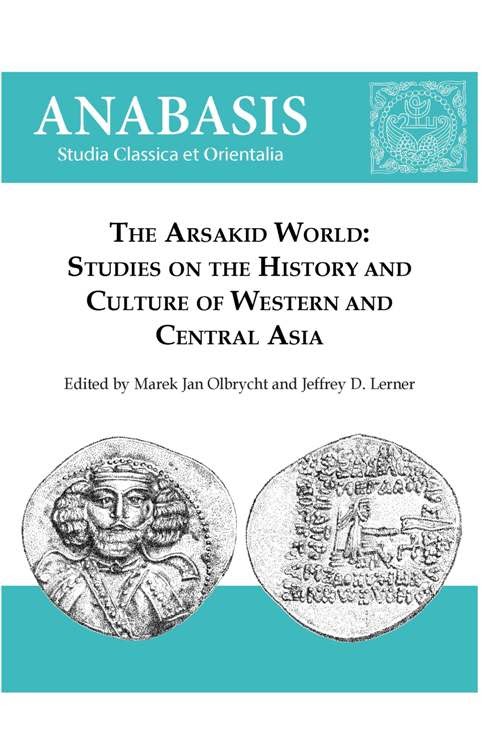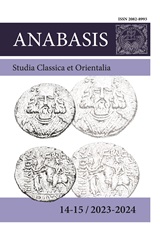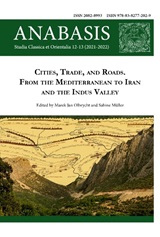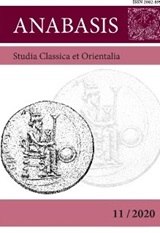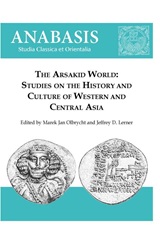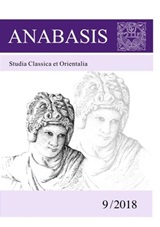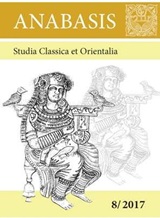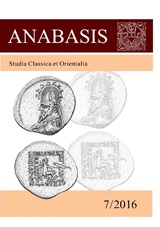“Waged War not Only on Men but on Gods”: Polybius’ Views on Religious Crimes in Military Conflicts of the Greek-Roman World
Keywords:
Polybius, religion, moral, politics, Greeks, Macedonians, Romans, wars, temples, sacrilegeAbstract
Polybius, talking about the numerous military conflicts in the Roman-Hellenistic world, with varying degrees of detail mentions a total of 23 cases of sacrilege actions (ἀσέβημα) in relation to temples and shrines (some of these episodes have come down to us in the description of later authors undoubtedly following Polybius in these passages: Diodorus, Titus Livy, Flavius Josephus, Appian). The historian’s perception of these events depended both on his religious views and (mainly) on political sympathies and antipathies. Certainly condemning such actions from a moral point of view, he nevertheless associates them exclusively with opponents of the Achaean league and Rome, and generally with states and politicians, to whom he reacts negatively (Aetolia, Philip V of Macedon, Antiochs III and IV, Prusias II of Bithynia, Orophernes of Cappadocia). Often characterizing the destruction and robbery of temples as the actions of madmen, in a number of cases he unconsciously or consciously ignores the rational military, political and propaganda motives that could cause such actions. Moreover, Polybius never applies the concept of ἀσέβημα or similar to the actions of the Romans and Achaeans, no matter how cruel and unjust they may be.
Published
How to Cite
Issue
Section
License
Copyright (c) 2019 Anabasis. Studia Classica et Orientalia

This work is licensed under a Creative Commons Attribution-NonCommercial-NoDerivatives 4.0 International License.

